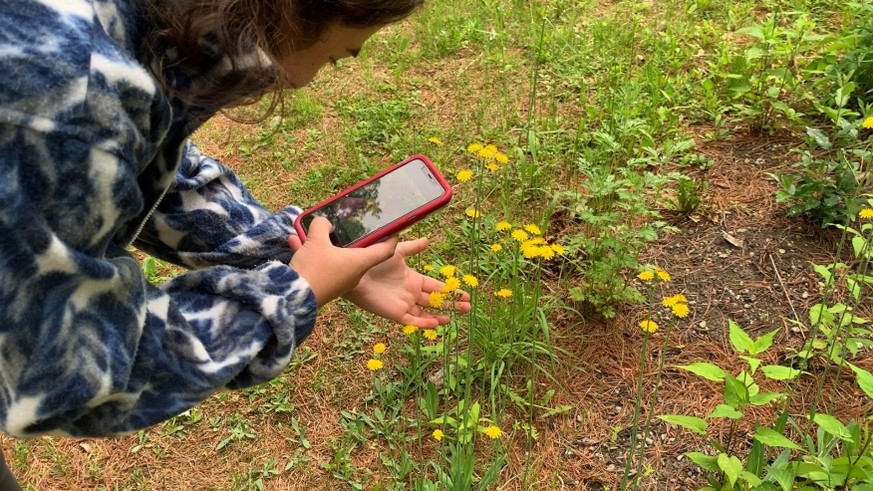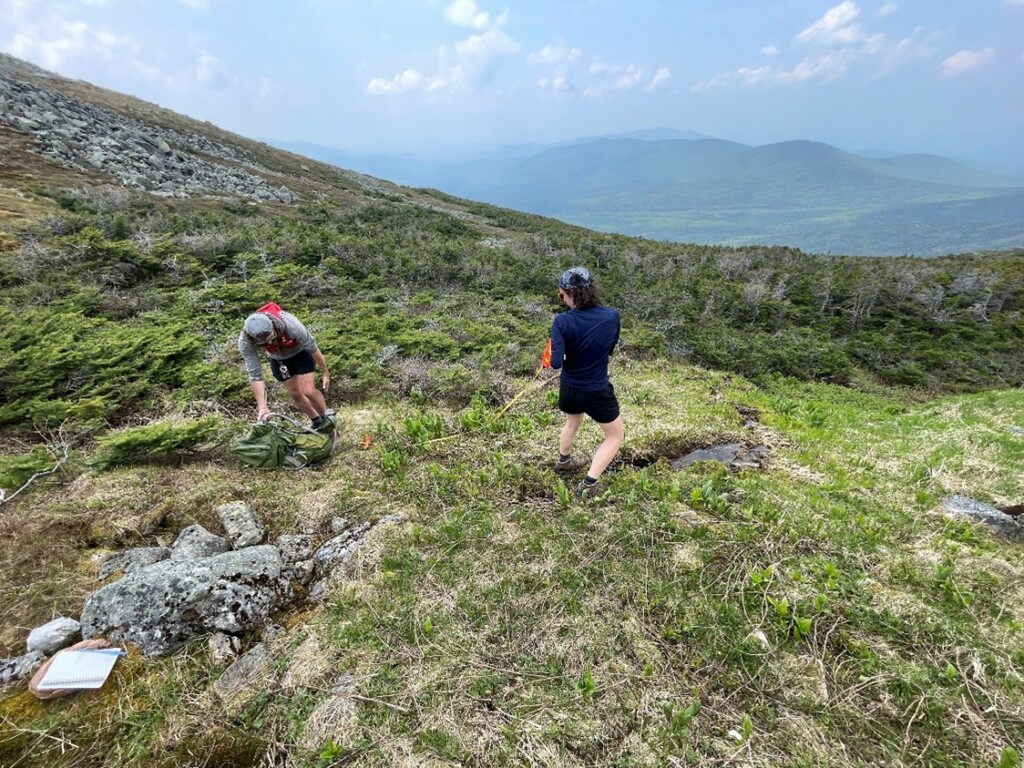

iNaturalist Workshop
August 7 @ 10:00 am - 12:00 pm
Learn how to conduct biodiversity discovery projects and contribute to citizen science at iNaturalist training August 7
Citizen science is an important way for the everyday person to contribute to our understanding of wildlife, plants and biodiversity in our communities and across the globe. Every observation can contribute to scientific research, from rare wildlife sightings to spotting common weeds in your backyard. Green Mountain Conservation Group (GMCG) will host professionals from the UNH Cooperative Extension and Appalachian Mountain Club on August 7 from 10 a.m. to 12 p.m. who will lead a hands-on training on how to use iNaturalist. iNaturalist is an online social network of people sharing biodiversity information to help each other learn about nature and has become a widely used technology platform for collecting scientific data. It is used to record observations, get help with identifications, collaborate with others to collect this kind of information for a common purpose, or access the observational data collected by iNaturalist users. iNaturalist app’s can be downloaded to an iphone, ipad and android devices to make observations and contribute to citizen science projects like the NH Butterfly Monitoring Network, Pollinators Interactions on Plants, biodiversity discovery projects for communities conducting natural resource inventories such as a BioBlitz, high school ecology projects, and much more. A BioBlitz is a short (often 24 hours or less) inventory of living organisms found within a specified geographic area. Using iNaturalist to host a BioBlitz can make it easier to collect data, share results, and even identify species. It is easy to start or join a “Project” on iNaturalist, once a participant registers on the site.
This workshop will provide an overview of how to use iNaturalist and navigate the app, explore data, find projects that are of interest, and learn tips and tricks for making observations, taking effective photographs and managing an iNaturalist project. Participants should sign up for an iNaturalist account at https://www.inaturalist.org/ and download the iNaturalist app to your phone prior to the training.
There will be a short introduction followed by a chance to get outside and use iNaturalist in “the field”. There will be a special focus on making observations and taking photos of insects and pollinator/plant interactions in the pollinator garden to practice skills and support research in our region about pollinators and plant-pollinator networks. The workshop will then move back indoors so participants can learn about uploading their field observations and other tasks in iNaturalist. Participants should bring a Laptop, smartphone or digital camera, as well as register on the website at inaturalist.org and download the iNaturalist Classic version app in advance. This program is free and open to the public and donations are welcome and appreciated. FMI, contact education@gmcg.org.

Photo: AMC researchers Jordon and Alice set up the pollinator plots in the alpine zone near the summit of Mount Washington. Researchers will study pollinator-plant interactions using field observations and the iNaturalist app, camera traps and eDNA sampling methods (photo courtesy AMC).



